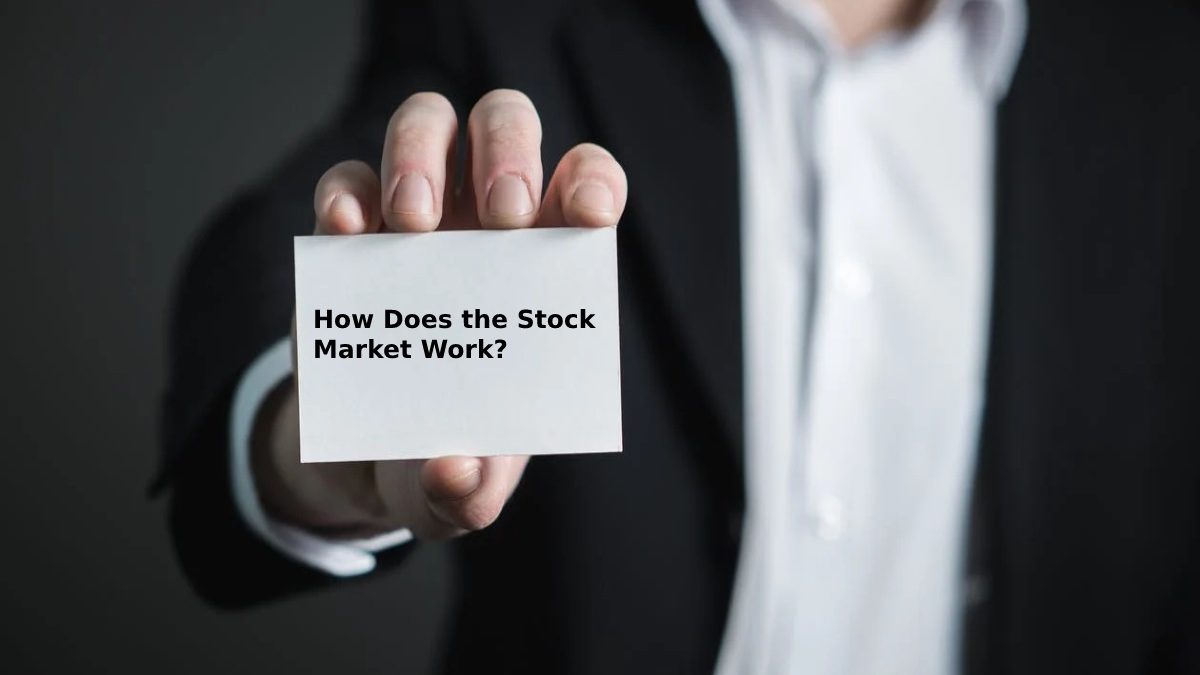Table of Contents
Introduction
If the thought of participating in the stock market shocks you, you are not alone. Individuals with minimal experience in stock investing are either terrified by horror stories of the average investor losing 50% of their portfolio value—for example, in the two bear markets that have already occurred in this millennium.
Or are intrigued by “hot tips” that bear the promise of huge rewards but seldom pay off. It is not surprising that the pendulum of investment sentimentality is said to slap between fear and greed.
The truth is that investing in the stock marketplace carries risk. But it is one of the most efficient ways to build up one’s net worth when approached in a disciplined manner.
While the value of one’s home typically financial records for most of the net worth of the regular individual, most of the affluent generally have the majority of their wealth invested in stocks. To understand the mechanics of the stock market. Let’s begin by delving into the definition of a stock and its different types.
What Is a Stock?

A stock is a financial instrument representing possession in a company or corporation. It means a proportionate claim on its assets (what it owns) and pays (what it produces in profits). Stocks are also called shares or a business’s equity.
Stock tenure implies that the stockholder owns a slice of the business equal to the numeral of shares held as a proportion of the company’s total remaining shares.
For instance, a distinct entity that owns 100,000 shares of a company with a million unresolved shares would have a 10% ownership stake. Most companies have remaining shares that run into the millions or billions.
Stocks are also known as shares or a company’s equity.
Different Kinds of Stock
While there are two main types of stock—mutual and favoured—the term equities is synonymous with common shares. Their combined market worth and trading volumes are more significant than chosen stocks.
The main difference between the two is that mutual shares usually bring voting rights that enable the common shareholder to have a say in commercial meetings (like the annual general meeting or AGM) where matters such as election to the board of directors.
Or appointment of auditors is voted upon, while preferred shares generally do not have voting rights. Preferred stocks are so named because preferred shareholders prioritise common shareholders to receive dividends and assets in the event of a bankruptcy.
Common stock can remain additionally classified in terms of their voting rights. While the basic foundation of common shares is that they should have equal voting rights.
One vote per share held—some companies have dual or multiple lessons of stock with diverse voting rights devoted to each class. Class A stocks, for example, may have ten votes per share in such a dual-class structure. While the Class B subordinate voting shares may only have one vote per share.
Dual- or multiple-class share assemblies remain designed to enable the founders of a company to switch its fortunes, strategic direction, and ability to innovate.
What Is a Stock Exchange?
Stock exchanges are secondary markets where prevailing shareholders can transact with potential buyers. It is essential to understand that the corporations listed on stock markets do not regularly buy and sell their shares. Companies may involve in stock buybacks or issue new shares. But these are not day-to-day operations and often occur outside the exchange framework.
So when you buy a part of the stock on the stock marketplace, you are not buying it from the firm. You are buying it from another existing stockholder. Likewise, when you sell your parts. You do not sell them back to the company. Instead, you sell them to another investor.
How Are Share Prices Set?
The values of shares on a stock market can remain set in some ways. The most mutual way is through an auction process. Where buyers and sellers place bids and offer to buy or sell. A request is a price at which somebody desires to buy. And an offer (or ask) is the worth at which somebody wants to sell. When the bid and ask concur, a trade remains made.
The total market comprises millions of investors and traders who may have differing ideas about the value of a specific stock and thus the price at which they are willing to buy or sell it. The thousands of transactions as these investors and traders convert their intentions to actions by purchasing and selling a stock cause minute-by-minute gyrations in it over a trading day.
A stock exchange offers a platform where such transactions can remain professionally conducted by matching stock buyers and sellers.
For the average person to access these exchanges, they need a stockbroker. This broker acts as the middleman between the purchaser and the seller. Getting a stockbroker is most commonly skilful by making an account with a well-established retail broker.
Profits of Stock Exchange Listing
Until recently, the eventual goal for an entrepreneur was to get their company listed on a reputed stock exchange such as the NYSE or Nasdaq because of the apparent profits. It includes:
An exchange listing means ready fluidity for shares held by the company’s shareholders.
It permits the company to raise additional funds by distributing more shares.
Having publicly tradable shares makes it calmer to set up stock options plans to entice talented employees.
Listed corporations have greater visibility in the marketplace; analyst coverage and demand from institutional depositors can drive up the share price.
These shares we can use as money by the company to make purchases in which part / all of the consideration they pay in stock.
Problems with Stock Exchange Listing
Substantial costs linked with listing corporate include listing fees and higher expenses related to compliance and reporting. Burdensome regulations may contract a company’s ability to do business.
The short-term focus of most depositors forces companies to try and beat their quarterly earnings estimates rather than taking a long-term approach to their corporate strategy.
Many big startups (also known as unicorns because startups valued at greater than $1 billion used to be exceedingly rare) choose to be listed in a conversation much later than inaugurations from a decade or two ago.
Also Read: Why Will Computer Never be Conscious?


